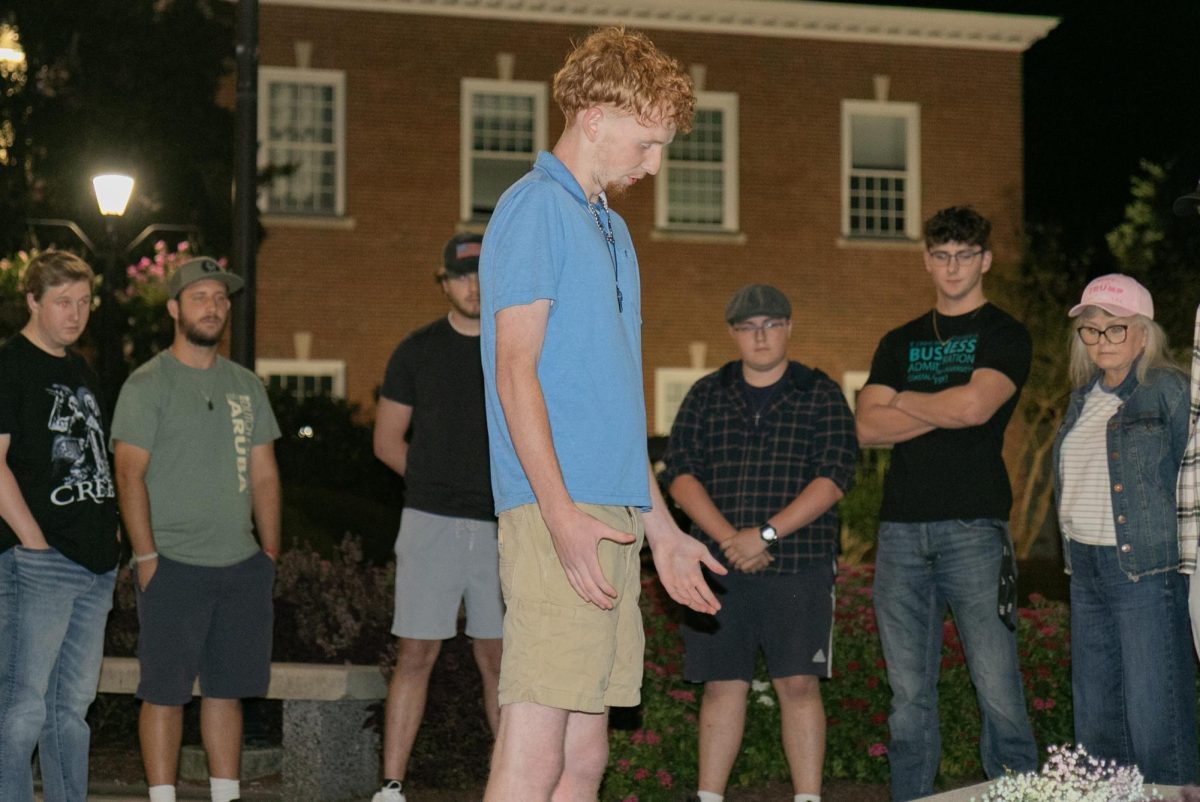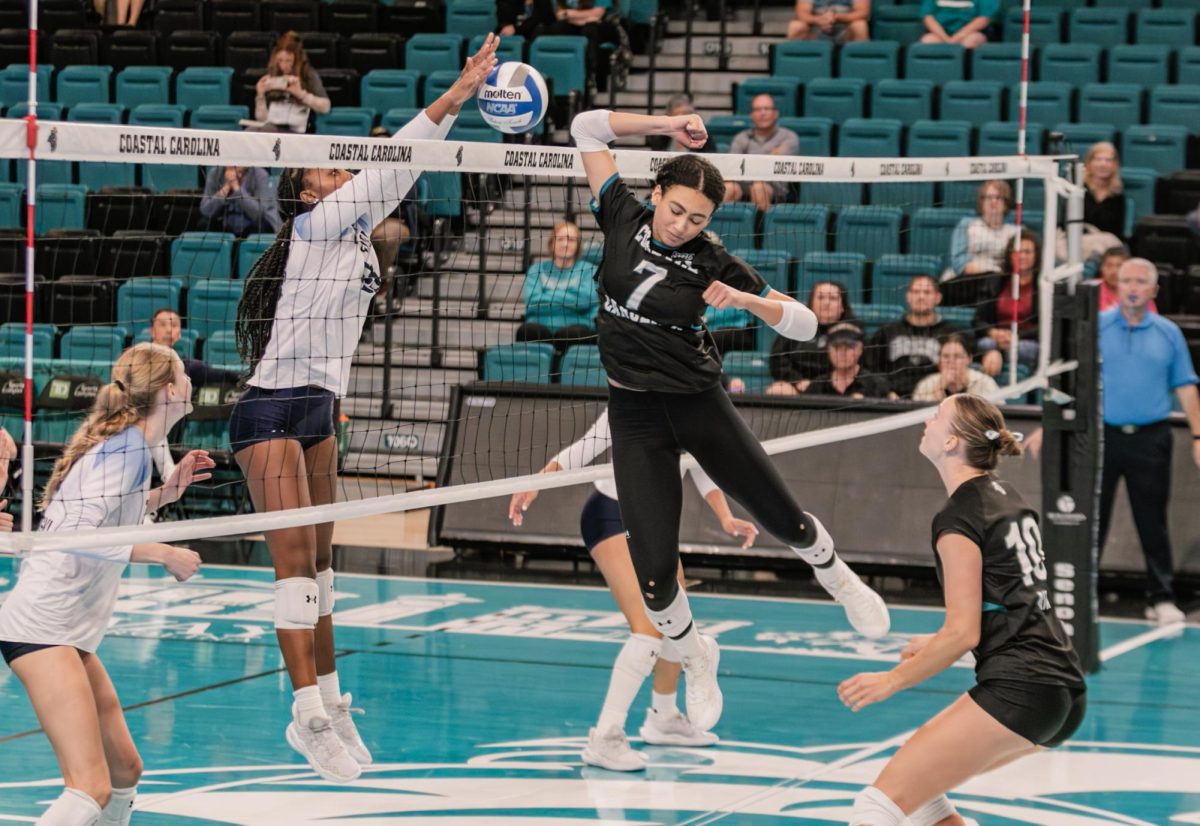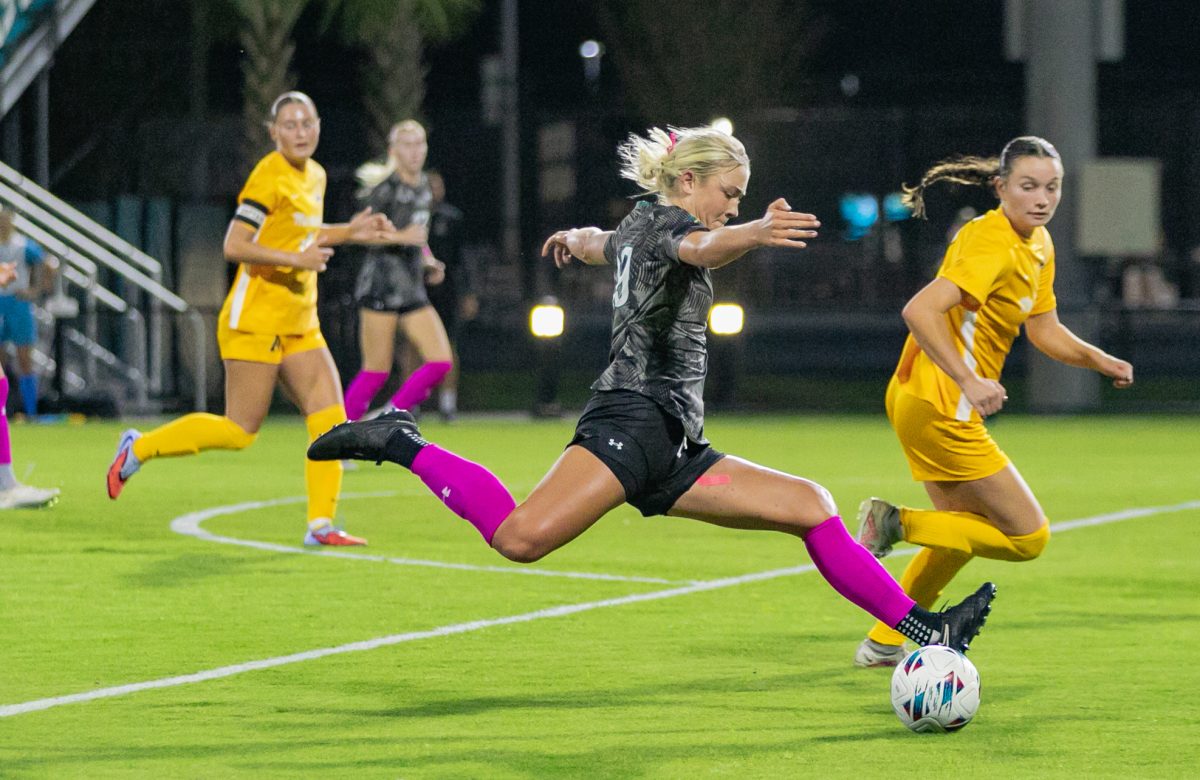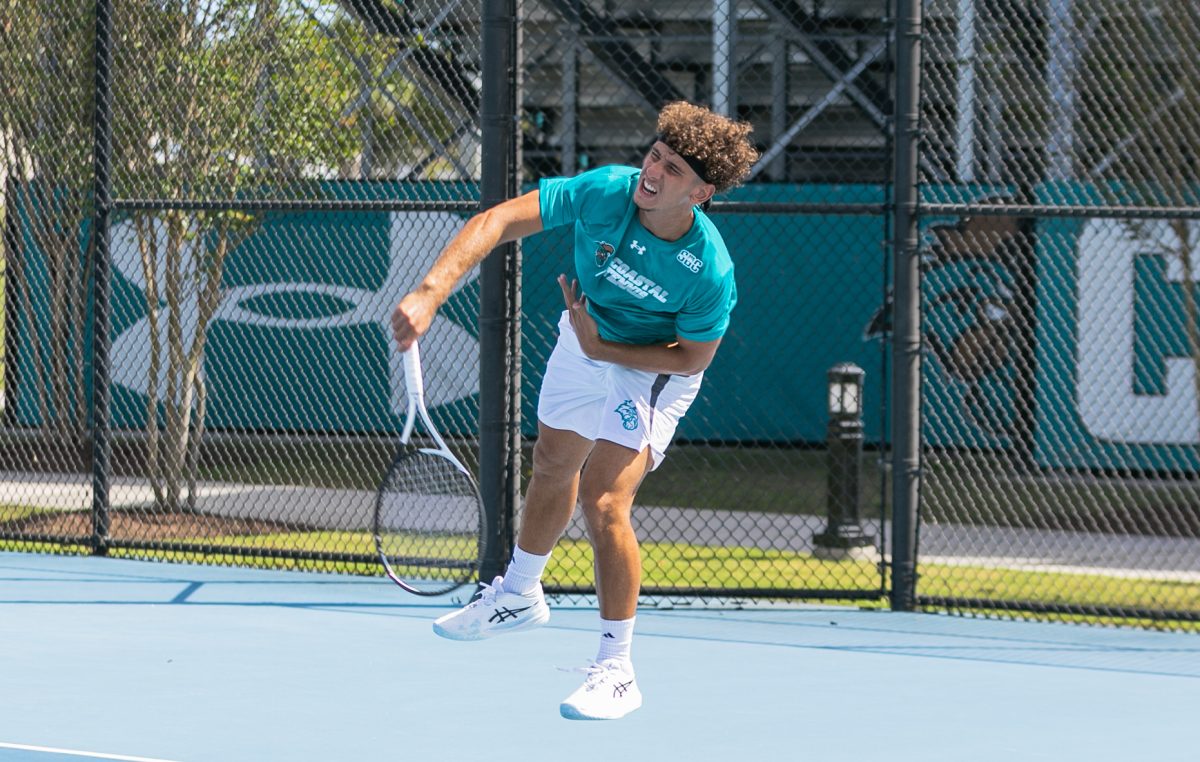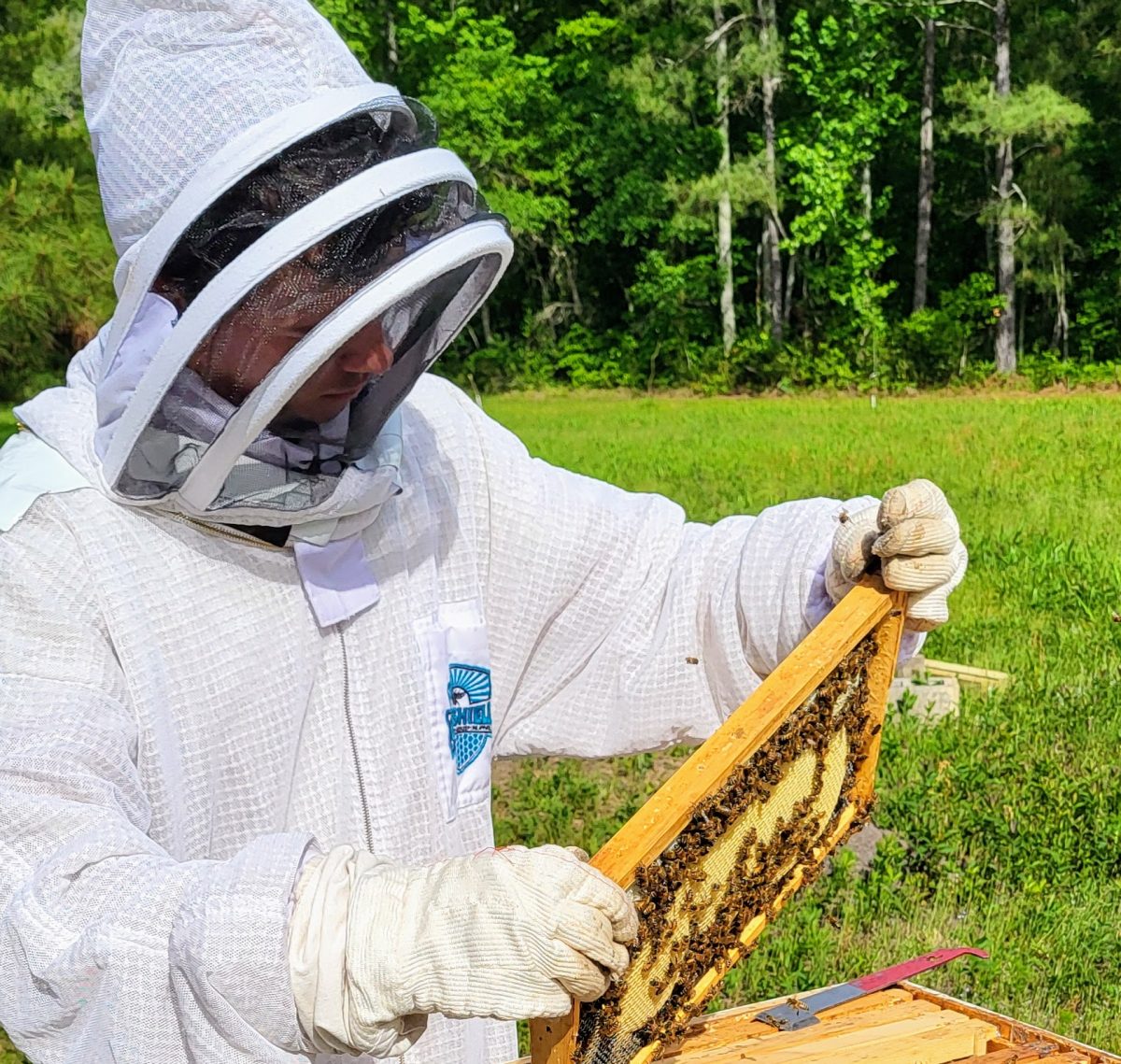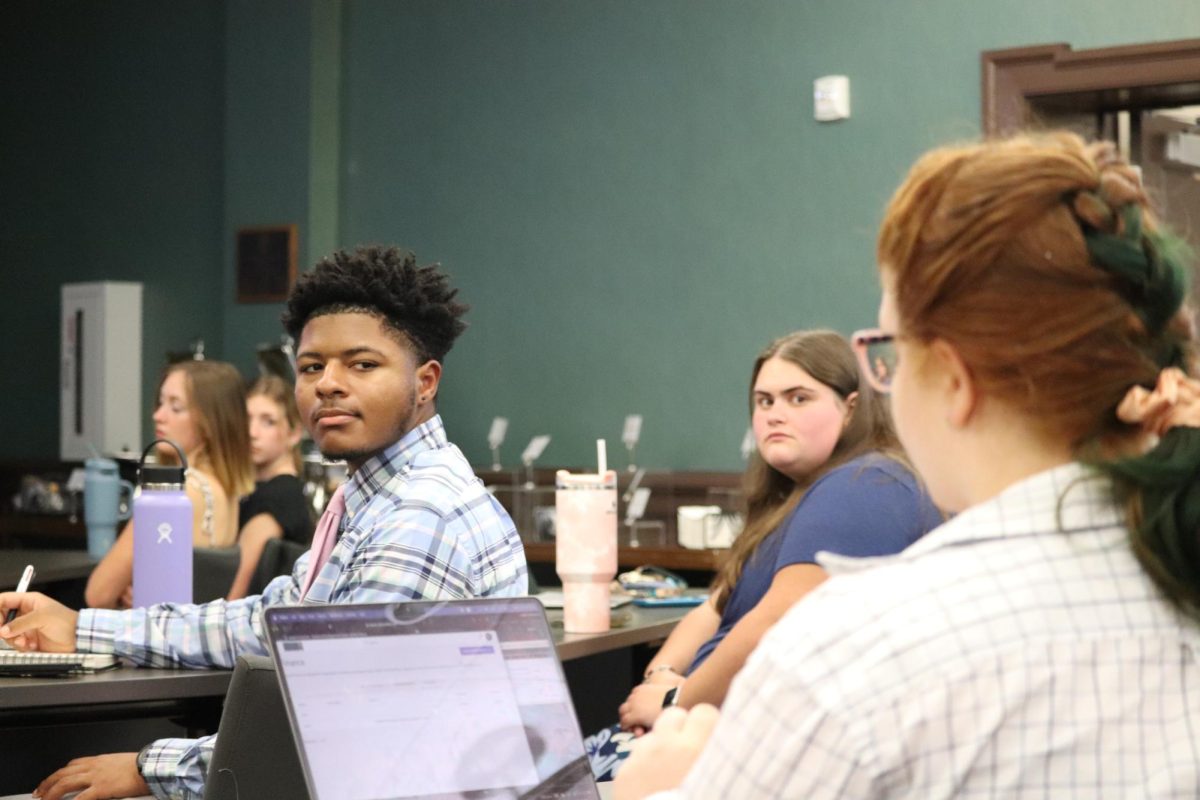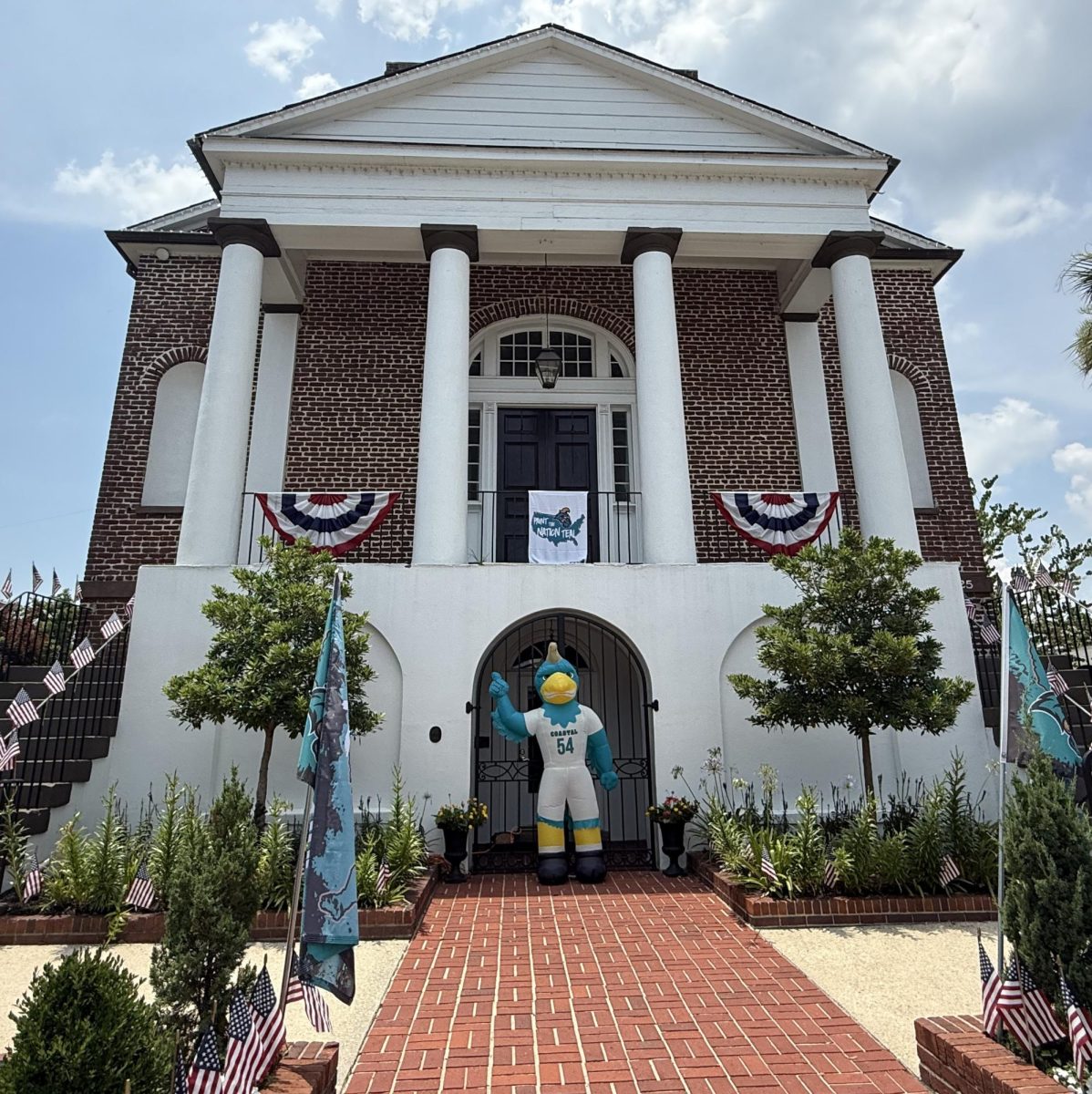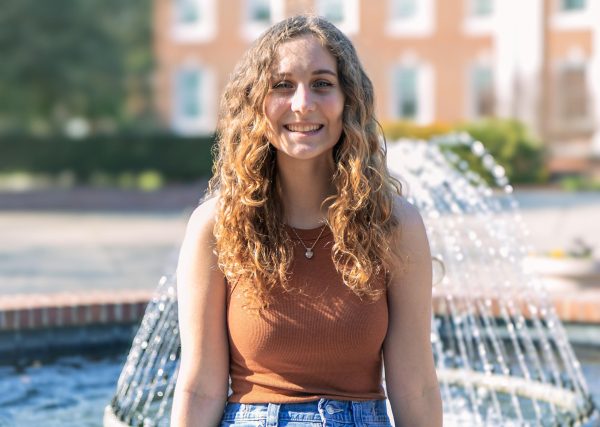The Student Government Association (SGA) invited guest speakers representing student health services to speak at their meeting on Monday, Sept. 25.
Elizabeth Carter, assistant vice president for student wellness and health equity, elaborated on the new policy that was implemented by student health services (SHS) for absence and excuse notes.
SHS is no longer allowed to provide students with medical notes to excuse an absence from class. This decision was made based upon similar policies from other universities, such as Duke University, and upholding the Health Insurance Portability Privacy Act (HIPAA) standards.
“We were getting a lot of students coming in just saying, ‘hey I just need an excuse for my class,’” Carter said. “We’re able to look at what a lot of other campuses do and they, many, many other campuses, have gone to policies of not providing medical excuses for students.”
The scenario, she said, is not beneficial to the student using it as an excuse to get out of class, the provider, or students who need to be seen by health services due to illness.
“We can’t provide an excuse for missing class,” Carter said. “All we can say is yes, this person was sick or they weren’t.”
It is not up to SHS to decide what the parameters are for attendance and classroom policy. Walkout notes are given to all individuals seen in order to detail the health services visit, as well as the time and date of the visit. Providing this statement to a professor is entirely up to the student.
Ellen Doyle, director of nursing under student health services, detailed the walkout statement and its purpose.
“It’s proof that you were there, and on the bottom of it, it does have like diagnosis codes in it,” Doyle said. “It’s just not an excuse saying you know, that you should stay out of class for three days or something like that.”
Some SGA members have both praise and criticism for this policy, including Gabrielle Ryder, the president of the SGA.
“I can understand from a logistics perspective why this is important, but I wonder sometimes what degree are we putting students at a disadvantage and not ‘believing them,’” Ryder said. “I think we put students at a disadvantage when we take away things that like work in their favor.”
Ryder believes that there will always be students who abuse the system, however she notes the importance of upholding a system which doesn’t put sick students at a disadvantage.
Vice President of SGA Ryleigh Gregory had similar sentiments as Ryder.
“I definitely think it’s an issue that’s dynamic,” Gregory said. “I do think more marketing needs to be done towards like the students so everyone can be better educated because, I mean, I feel like my biggest emotion is that people are uneducated about it.”
Gregory said she appreciates that SHS is offering walkout statements for the students.
“There’s definitely just a lot of communication that needs to happen,” Gregory said.




